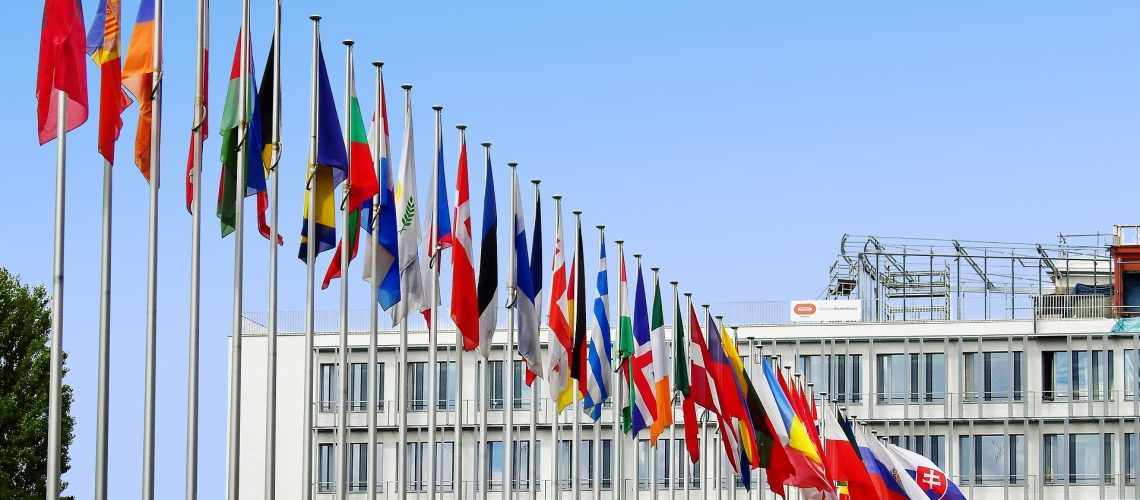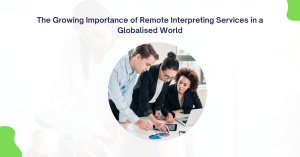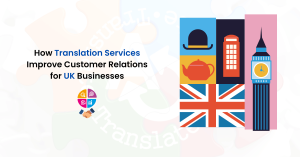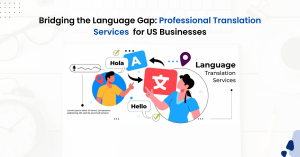Language has always been a very powerful tool to exert influence, strength, power. It is important to perform many activities and it is certainly crucial to politics: no political activity can be performed without language. Since today we talk about global politics, mainly conducted at a supranational level, and therefore in multicultural and multilingual contexts, translation has become increasingly important and plays a key role in political negotiations and power games. The notion of power refers to the influence exerted by political groups or institutions to shape public opinion and to gain support and approval for the line of action they intend to pursue. This effect can be achieved through language use and consequently through translation. There are different ways through which translators can manipulate content in order to favour the intended interpretation and affect the receivers’ reaction to the message.
The most obvious way to exert power through translation is to apply some strategies and lexical choices that favour an interpretation different from the original according to the connotation that words have in the receiver’s culture. Indeed, it is a well-established concept in linguistics that meanings are not attached to words nor are they fixed, but they are rather built by users according to social, cultural and communicative contexts. This means that when some information is presented in a text in a given language and is addressed to a given receiver, it interacts with their previous knowledge and cultural background to construct the meaning. I’ll give you an example. In 2002, the Hungarian Prime Minister Viktor Orban was accused of using a term – Lebensraum, ‘living space’ – synonymous with Nazi-era Germany while talking about granting preferential treatment to ethnic Hungarians from neighbouring states. However, the Hungarian word used by Orban was élettér, which can be translated as lebensraum in German, but it also corresponds to the English term ‘room for manoeuvre’ (The European Voice 14–20 February 2002).
Furthermore, despite its reference to the politics of Hitler-Germany, the word élettér does not exclusively belong to Nazi vocabulary in Hungarian. Anyway, this lexical choice was the starting point of a political debate and represented an argument for politicians who were against the admission to EU of former Communist countries. Even in the case of official institutional texts, the ideological aims and the purpose of the text influence the translation and the way the message is conveyed. Translation strategies to apply are decided according to the audience to convince to such an extent that even in bilingual countries, not to mention international contexts, the translated text is generally manipulated. For example, in a bilingual country like Canada, French and English-Canadian cultures do not often meet in translated federal speeches, because the translations are adapted to meet the audience’s approval.
We can find relevant examples of political sensitive issues caused by translation throughout all history. For instance, in 1971 the Quadripartite Agreement on West Berlin was signed. The authentic texts were in English, French and Russian, and then translated in German. Political motivations led to two different German translations of the paragraph dealing with the relations between West Berlin and the Federal Republic of Germany, which says that the ties will be developed. The word ties (liens in the original French version) was translated as Verbindungen in the East German and as Bindungen in the West German version, where the latter determines tighter relations than those denoted by Verbindungen. Even though these versions were not politically valid documents, political decisions and actions following the agreement were justified by the words used.
Aside from the application of strategies and lexical choices, translators can alter the content of the source text through selection, construction and omission, i.e. providing summaries rather than word-to-word translations, omitting some material, either because considered irrelevant or on purpose, or modifying somehow the content as a result of the translators’ social beliefs, political ideologies or cultural bias. This can have even greater consequences, especially as it is often the case with the media, which play an important role in disseminating information and therefore can easily influence political actions and public opinion. For example, in April 2002 Chancellor Schröder gave a talk in Hannover to high-ranking military officers to debate Germany’s potential future role in solving the Middle East conflict.
According to Der Spiegel, a German newspaper, when Schröder was asked whether it would be necessary for Germany to show more engagement, he replied that the United Nations would need to consider doing something more than sending observers and that it might become necessary to use military means, legitimated by the United Nations. He also said it was premature to discuss the role Germany would play. The same day, the news agency Reuters reported that an international military intervention in the Middle East had become a possibility and that Germany’s participation could no longer be excluded. Following this report, several newspapers talked about Germany’s decision to send troops to the Middle East, which made Germany look like the villain once more. Of course, this example can be considered far from the prototypical idea of translation, but the media rely on translation agencies or carry out their own translations, and quite often they only disseminate some piece of information, affecting not only the content, but also institutions and political actors’ future actions.
Furthermore, the power of translation is not only limited to decide what information is to be conveyed, but also who is to be informed. If you cannot access information in your language or in any other language you know, you are simply cut off. Let’s make a recent example. What about the sign language interpreter at Nelson Mandela’s memorial service? The man just pretended to interpret, while making childish gestures for hours, which might be hilarious to someone, but resulted in the entire deaf community being marginalised and the seriousness and security of the event being questioned.
It is certainly true to say that translation is quite a powerful tool, don’t you think?
By Francesca Greco.








